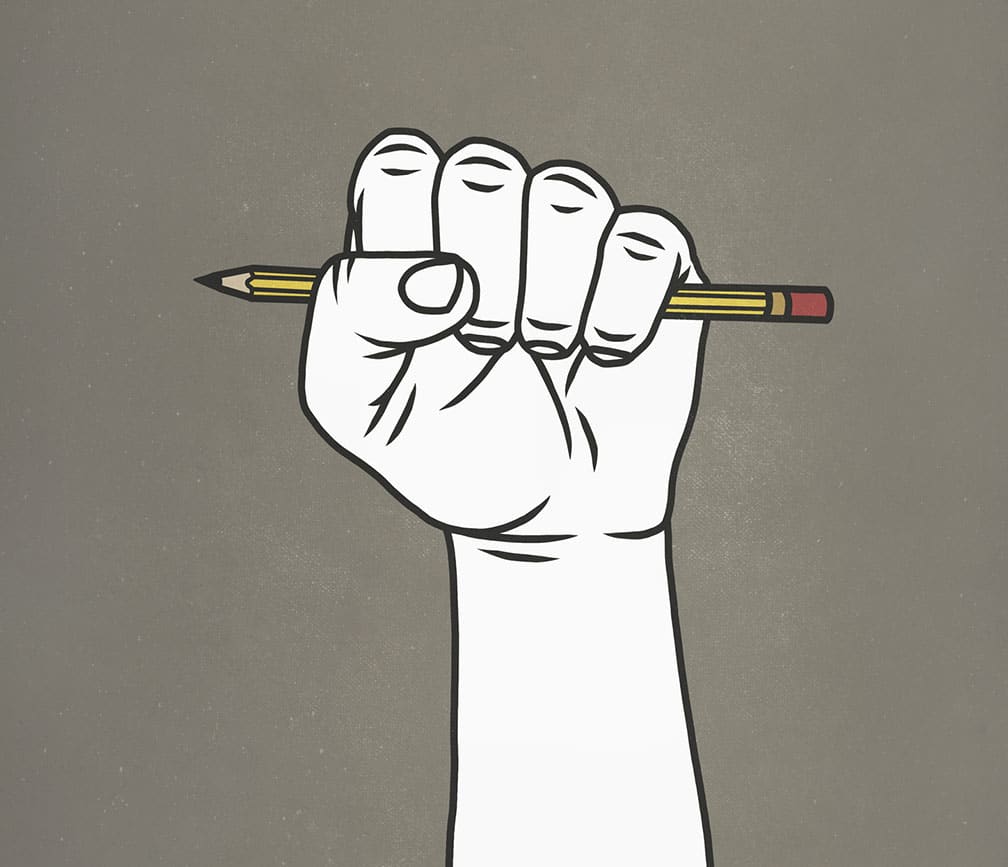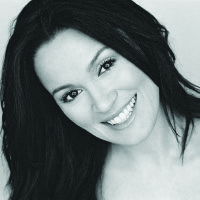 Malte Mueller/Getty Images
Malte Mueller/Getty Images We all have teachers who made indelible impressions on us. As I consider the teachers who shaped my own life, I realize these were the educators—from school, college and graduate school—that made it possible for me to be fully human: to think and ask questions, to always remain curious, and to continually ask whether there is another interpretation.
They gave me a gift. They gave me permission to think for myself, even if that meant disagreeing with them. They taught me how to think, not what to think, and gave me the skills to cultivate a vibrant capacity for pursuing inquiry rather than ideology.
I remember that one of my favorite teachers would often shift his opinion based on a point made by a student. These were magical moments: the student teaching the teacher. And later when I became a literature professor, I always told my students on the first day: Don’t be afraid to disagree with me or with your peers; we learn only through dialogue, and you might even change my mind about something.
Were all my teachers like this? No. But the ones I remember and respect, the ones who I credit with so much of who I am now and what kind of teacher and person I became, are the ones I’ve described here, and in retrospect I realize they were from across political and ideological spectrums. It didn’t matter whether they were liberal or conservative, Democrat or Republican; I learned from all of them because they didn’t impose anything on me. They encouraged me to look for truth, to consider various approaches, and to be fearless when expressing my views.
Over the past few years it seems that what I considered ideals for a teacher are now seen as dangerous. It’s dangerous to let children, adolescents and young adults think for themselves or ask too many questions. It’s dangerous to allow them to form their own opinions that may deviate from the politics of their teacher or institution. They should vote the same, feel the same about every issue from how to fight racism to how to define a woman to the limits of abortion, and they should become activists in all segments of their lives. They should chant and adopt mantras that prove their allegiance to the political activism they are being taught.
Type the phrase “teaching and activism” into your search engine and you’ll see just how much of an industry it’s become.
Some schools (especially in Los Angeles) have actually reconfigured their curricula to be activism- rather than academics-based (never mind that in many of these—often private—schools children consistently perform academically under the national average). These schools offer training sessions for teachers to instruct them in how to bring political activism into the classroom. Type the phrase “teaching and activism” into your search engine and you’ll see just how much of an industry it’s become.
In some cases, the rationale sounds noble. Proponents of activism in the classroom say they want to teach students a sense of responsibility and to engage with issues of social justice. But these are the precise values that get lost when teachers bring political activism into the classroom. Instead of developing a true sense of ethical responsibility, which, in the words of philosopher Emmanuel Levinas means truly “seeing” the face of the other human regardless of who he is or what he thinks, we are ushered into the space of the political. For Levinas, this political space can never be ethical. It can never be a place where ethical responsibility flourishes. Political activism in the classroom extinguishes the fires of both free expression and compassion. It is selfish, seeking to fulfill its own agenda rather than empower original thinkers. It undoes and unravels all of the critical values that teaching is meant to convey.
Indoctrination is not education. An activist in the classroom is not a teacher. Students look to teachers to help them navigate the world and to think critically. But when partisan political opinions infiltrate the space of learning, the power of critical thought and free expression has been diminished and the educational space ceases to exist at all.
Monica Osborne is a former professor of literature, critical theory, and Jewish studies. She is Editor-at-Large at The Jewish Journal and is author of “The Midrashic Impulse.” Twitter @DrMonicaOsborne























 More news and opinions than at a Shabbat dinner, right in your inbox.
More news and opinions than at a Shabbat dinner, right in your inbox.